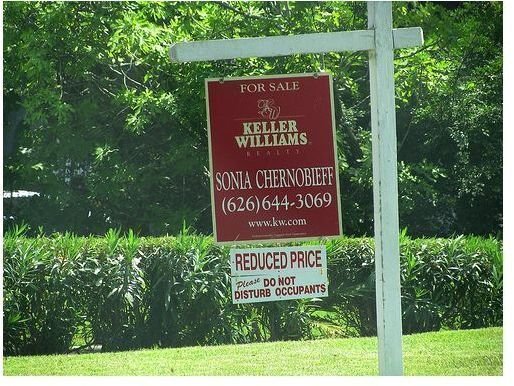What is Included in Closing Costs when Purchasing a Home
Closing costs are often overlooked by home buyers when buying a home. Closing costs, sometimes called settlement costs, consist of all the miscellaneous costs that are associated with the purchase of a home and can come TO around 2 to 4 percent of the total sale price of a home. Read on to learn more about what is included in closing costs.
Included Items
Closing costs include all the expenses related to mortgage, insurance, taxes, and title. While some of the closing costs are negotiable, others are not. It is important that home buyers understand about the items that are included in the settlement costs and negotiate with the seller,lender, and other related parties in order to get the best deal. Settlement costs generally come under two categories- non-recurring closing costs and recurring closing costs. Non-recurring items are one-time fees like title insurance, attorney fees, credit check, document preparation, etc. Most of the non-recurring costs are those associated with the mortgage. Recurring closing costs are those that need to be paid periodically. Items that come under this category include property tax, flood insurance, and private mortgage insurance(PMI).
List of Non-Recurring Closing Costs
When considering what is included in closing costs, some non-recurring costs include:
- Application Fee - Initial costs associated with processing the loan application.
- Loan Origination Fee - Costs related to processing and preparing the mortgage loan.
- <strong>Credit Check</strong> - Costs for checking the credit rating of the applicant.
- Appraisal Fees - Fees for assessing the value of the home.
- Escrow - Sometimes lenders require that private mortgage insurance and property taxes be paid in advance to an escrow account. The lender then makes monthly payments out of the escrow account.
- Survey - Some lenders require a property survey to make sure the land and building corresponds to what is described in the title.
- Home Inspection Fees - For testing the property for structural damage, water quality and radon gas emissions.
- Title - Costs associated with transferring and establishing ownership such as title search and title insurance.
- Taxes - State and local government fees and taxes.
List of Recurring Costs
Here’s a list of some recurring closing costs:
- Private Mortgage Insurance - Required when the borrower is contributing less than 20 percent of the value of the home as down payment.
- Home owner’s Insurance- Insurance for protection against fire, wind or other hazards.
- Property tax
- Flood Insurance
Tips on Reducing Closing Costs
Buyers who have not done their homework and especially first-time home buyers may be surprised to find that they need to pay a large amount of closing costs. Since most of the settlement costs are negotiable, it pays to prepare in advance and find ways to lower the closing costs.
Sellers may agree to bear a part of the closing costs especially if they need to close the deal quickly. Sellers in a lagging housing market will be more open to negotiation than sellers in a fast-moving real estate market, but keep in mind that sometimes a seller will simply hike up the selling price to adjust the closing costs in their favor.
Lenders are often willing to negotiate their closing costs, so be sure to shop around to get the best deal. They are bound by law to give every borrower a Good Faith Estimate within 3 business days of submission of the application form. The Good Faith Estimate contains a reasonable estimate of the total closing costs, although the actual closing costs may vary. Some of the closing costs, such as private mortgage insurance and home owner’s insurance, depend upon the credit score of the borrower.
The lower the closing costs, the more money the buyer has at his disposal for other expenses related to the purchase of the home, such as down payment and renovations. Buyers should understand what is included in closing costs and should be prepared to bargain with the lender and seller to minimize them to the lowest possible amount.
Resources
- The Federal Reserve Board - https://www.federalreserve.gov/pubs/settlement/default.htm
- FHA site - https://www.fha.com/closing_costs.cfm
Image Credit: https://www.flickr.com/photos/thetruthabout/2675055205/in/set-72157606169829768/
